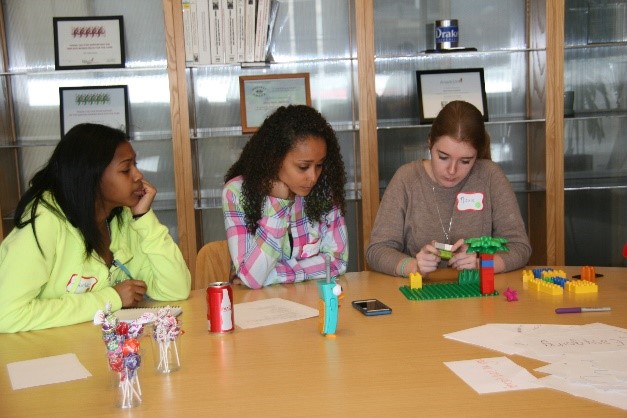May is Mental Health Awareness Month
- Filed under "mental health"
- Published Tuesday, May 9, 2023
- « back to articles

May is Mental Health Awareness Month, observed in the United States since 1949. This year, the National Alliance on Mental Illness is marking the month with a More Than Enough Campaign – a campaign to remind each person of their own inherent worth, no matter a diagnosis, socioeconomic status, appearance, background, or ability.
The White House proclamation for 2023 emphasizes “the absolute courage or the tens of millions of Americans living with mental health conditions…and the loved ones and mental health professionals who are there for them every day.”
The causes of mental disorders many not always be clear, and recent research has stressed the increasing occurrence of depression, anxiety, ADHD (attention deficit hyperactivity disorder), and various psychoses. Regardless, for a mental state to be considered a disorder, it generally needs to cause dysfunction (Canadian Journal of Psychiatry, 2013).
But a study by The Prevention Institute points clearly to violence as a major contributing factor to increasing mental distress, noting:
Experiencing, exposure to, and fear of violence have known emotional and mental health consequences. These consequences are often lifelong, require extensive treatment, and can, in turn, affect physical health as well as bring stress and consequences to others.
The study cites research identifying these mental health conditions as significantly more common among persons exposed to violence, either directly (victim or perpetrator) or indirectly (witness): depression, risk for suicide, aggressive and/or violent behavior issues, and PTSD (post-traumatic stress disorder). Here are research statistics:
- Youth with past exposure to interpersonal violence (as a victim or witness) have significantly higher risk for Post-Traumatic Stress Disorder (PTSD), major depressive episodes, and substance abuse/dependence.
- Women who experience intimate partner violence are 3 times more likely to display symptoms of depression, 4 times more like to have PTSD, and 6 times more likely to have suicidal ideation.
- 77% of children exposed to a school shooting and 35% of urban youth exposed to community violence develop PTSD as compared to 20% of soldiers deployed to combat areas in the last 6 years.
- Teenagers who witness a stabbing are 3 times more likely to report suicide attempts; those who witness a shooting are twice as likely to report alcohol abuse.
The implications, at least from this research, points to a direct relationship between violence and mental health. For those who experience or witness violence, mental health interventions and support are essential and may need to be long term. When a community experiences violence and the fear it generates, support starts from acknowledgement of the impact of violence and a broader approach.
But the evidence that violence is preventable and avoidable clearly requires us to work on strategies that not only prevent violence, but they promote good mental health, including:
- strengthening social networks in communities and neighborhoods
- ensuring adequate employment opportunities
- ensuring positive social and emotional development
- providing quality family support services
- assuring that young people have connections with caring, nonjudgmental adults and mentors

Chrysalis After-School programs are grounded in social connections, positive social and emotional development, and ensuring girls have connections with caring adults. It’s our best investment in preventing the consequences of so many negative factors including personal and community violence, family dysfunction, drug abuse, and more. We’re focused on building strong, healthy, resilient girls and young women, and the tools we engage are proven to work. We’ve been delivering CAS for 25 years, and plan to continue well into the future.